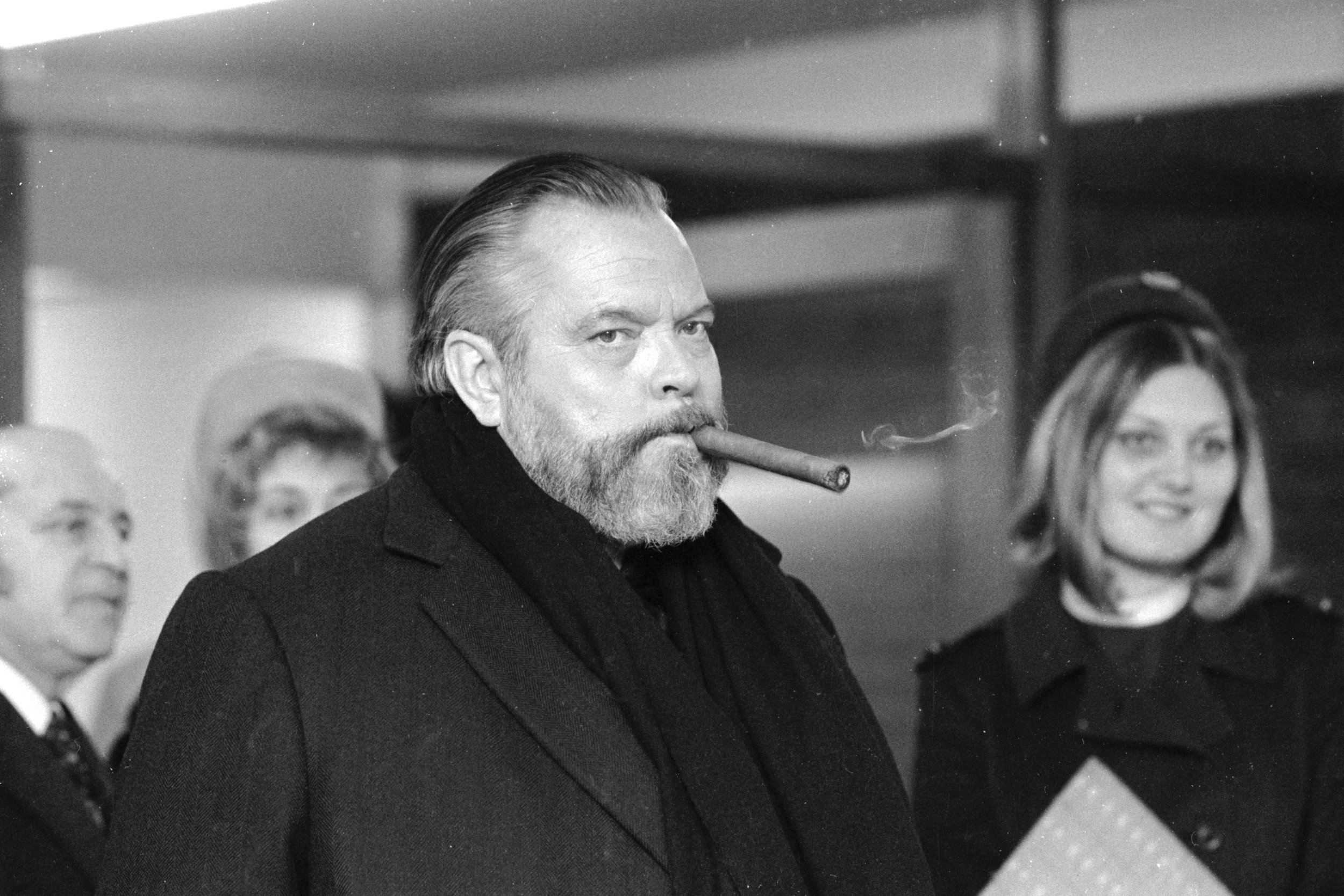ORSON WELLES WAS AN ASSHOLE

Orson Welles was a dick. This fact that most people already knew is confirmed by the Netflix documentary They’ll Love Me When I’m Dead. Directed expertly by Morgan Neville, who has been on a roll with films such as 20 Feet from Stardom and Won’t You Be My Neighbor?, it tells the story of the master’s last film, one of his many incomplete projects.
A couple things transpire from the film. One is that the impressionist movie which was part reaction, part hommage to Antonioni’s masterpieces was undone more times than Penelope’s tapestry. Another, is that Welles was a manipulating asshole that made life a living hell for his crew, wasting their time and abusing their patience.
My first reaction when I hear an artist I deeply admire is an asshole is to be disappointed. If only they could be a little nicer, they would be remembered as titans of their industry, instead of flawed characters.
But then I think that they probably constructed an important body of work because it was the only way for them to find peace. Creating a perfect world is probably the only way for a tortured, addicted person to participate in some kind of reality, albeit a fictitious one. Is it reasonable to expect artists to be as squeaky clean role-models as politicians?
Is it really their role in our society? Or are creators the court jesters of our times?
I think the documentary raises interesting questions about mental health. A lot of artists probably have some kind of OCD or depression that pushes them to find the equilibrium that they can’t find it in their lives. They shine a different light on paradigms, and they do that in spite of their flaws. psychological and otherwise.
For all the time and resources our society spends trying to raise awareness for mental health, it might be important to remind ourselves that mental illness comes in many shapes and forms, and asshole traits are just part of the picture. It’s easier to have compassion for someone and their issues when their sad and introverted, than for someone who acts out and affect the people around them negatively, but in both cases, people need help and understanding.
Coming back to Orson Welles, the portrait They’ll Love Me When I’m Dead brushes is complex, honest and full of compassion. It reminded me that, in fact, it is simpler to love someone once they’re dead, but flawed characters need compassion while they’re alive, too.


